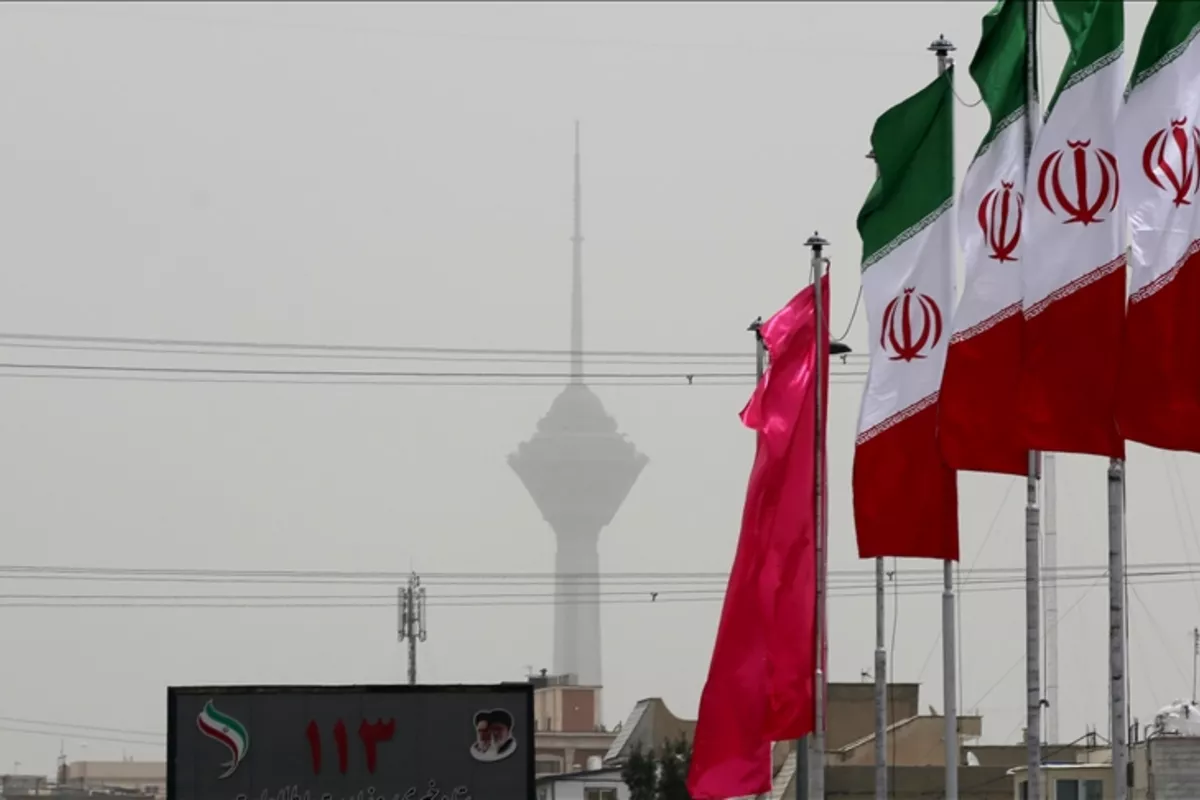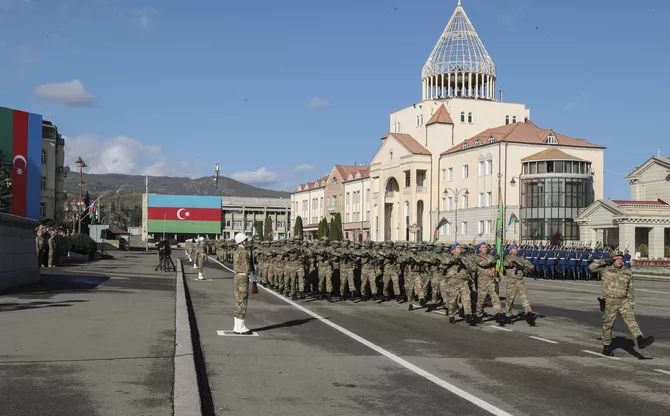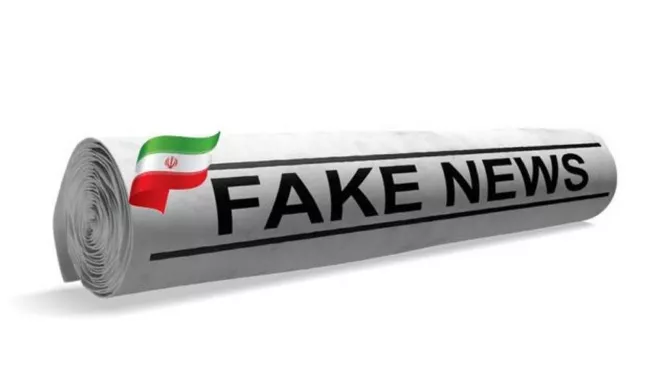
Photo: AP
When Iran signed the Treaty of Turkmenchay with the Russian Empire in 1828, it lost control over what is now the territory of the Republic of Azerbaijan. Ever since, Tehran has harbored a quiet but enduring desire to reclaim influence over this land. For much of modern history, Iran lacked the strength to challenge first Imperial Russia, then the Soviet Union. But in the aftermath of the USSR's collapse, as Azerbaijan emerged as a sovereign state, the Islamic Republic saw a new opportunity-not to wage war, but to undermine Baku from within.
The Iranian regime’s ambitions have always been veiled in the language of revolutionary solidarity. But its actions tell a different story. From the early days of Azerbaijan’s independence, Tehran has worked to destabilize the country under the guise of exporting its Islamic ideology. Its unwavering support for Armenia in the conflict over Karabakh-despite Baku’s policy of peace and neighborliness-speaks volumes. And this support has only deepened, even as the region moves toward integration through major infrastructure and transit projects like the North-South Transport Corridor and the Zangezur Corridor, the latter being actively obstructed by Iran.
Rather than seek common ground with its neighbor, Tehran has opted for hostility. Anti-Azerbaijani rhetoric is a staple on Iranian state television, where threats of military action are broadcast routinely. Iranian forces have conducted provocative military exercises near the Azerbaijani border, and political figures issue inflammatory statements on a regular basis.
What makes this hostility even more jarring is Tehran’s hypocrisy. Despite its Islamist posturing, the regime continues to support Christian Armenia. Arms shipments from India to Armenia have reportedly passed through Iranian territory. And while Iran lashes out at Azerbaijan’s ties with Israel, it turns a blind eye to Israeli air operations through Syria and Iraq-both countries whose airspace has become virtually lawless under current geopolitical conditions.

Photo: AZERTAC
Iran’s frustration grew sharply after Azerbaijan’s decisive victory in the Second Karabakh War. The turning point came when Iranian fuel trucks were found supplying Armenian separatists in Khankendi. Baku’s objections triggered a harsh response: Iranian troops were sent to the border, and a top IRGC commander, Ali Fadavi, went so far as to publicly target President Ilham Aliyev in his remarks.
At the heart of Iran’s outrage is a strategic shift it cannot control: the rise of Azerbaijan as a confident, independent, and militarily capable state-one that also enjoys close ties with Israel. For Tehran, this is an unacceptable development.
After Israel’s June 2025 strikes on Iranian nuclear and military sites, Tehran sought to implicate Baku in the operation. Iranian President Masoud Pezeshkian even phoned President Aliyev to request an investigation into whether Israel had used Azerbaijani airspace for its attacks. These suspicions were based not on credible intelligence but on reports from pro-Iranian media claiming that Israeli drones might have flown through Azerbaijan. Iranian TV even broadcast alleged maps of Israeli flight routes, including via the Caspian Sea.
To lend credence to this theory, Iranian outlets shared a blurry image of what was claimed to be a dropped Israeli fuel tank. But such claims lacked any evidence and were quickly dismissed. President Aliyev categorically denied them, reaffirming that Azerbaijan maintains full control over its airspace and respects the sovereignty of Iran. He also reminded the public that Baku had condemned the Israeli operation immediately after it began.

Photo: Saudi Gazette
Just as tensions seemed to subside, Iran’s ambassador to Armenia, Mehdi Sobhani, reignited the issue with a new accusation-that Azerbaijani territory had been used in the attacks on Iran. Baku responded forcefully, with the Foreign Ministry declaring that such claims "damage the relationship between Azerbaijan and Iran, which is based on mutual respect for territorial integrity, sovereignty, and non-interference in internal affairs."
Iran’s selective outrage reveals a double standard. It attacks Azerbaijan for maintaining diplomatic and economic relations with Israel while ignoring the fact that Israeli warplanes routinely fly through Syria and Iraq. These routes are not speculative; they are the most direct paths for strikes on Iran. Iraq’s airspace, while officially sovereign, is de facto under U.S. military control. And following the collapse of Syria’s air defense infrastructure, Israeli jets face little resistance in the region.
Iran’s real grievance is not with geography-it’s with weakness. Despite spending billions on air defenses and boasting for decades about the strength of the IRGC, the 12-day war exposed the hollowness of Iran’s military power. Its air defenses were breached, its command structures disrupted, and its leadership embarrassed. The regime’s technological backwardness, the absence of a modern scientific base, and the erosion of its credibility have all come to the surface.
And so, rather than confront its own failures, Tehran does what authoritarian regimes so often do-it blames others. This time, it is Azerbaijan that bears the brunt of its insecurities.
But facts matter. And the facts show that Azerbaijan is not Iran’s enemy-it is merely a neighbor striving for sovereignty, modernization, and security in a volatile region. Tehran would do well to recognize this and begin treating Baku with the respect it deserves.
Share on social media